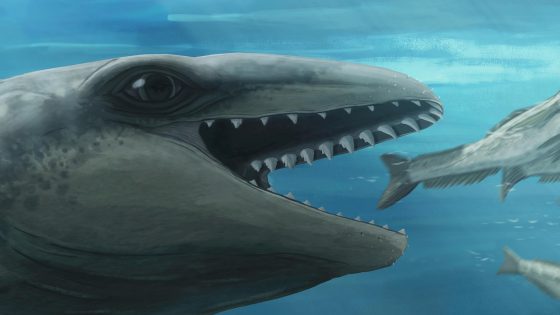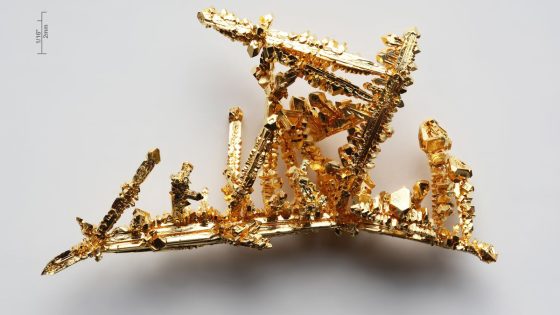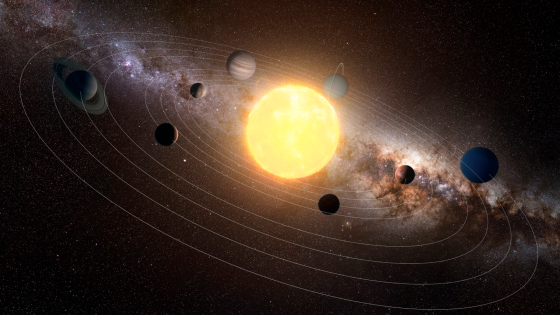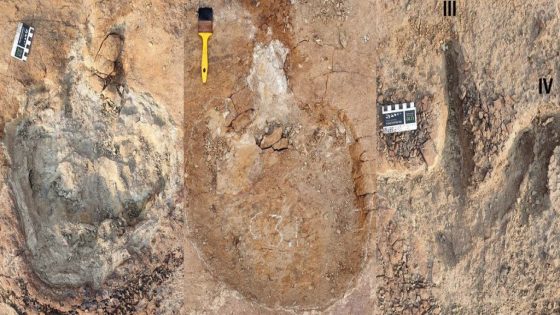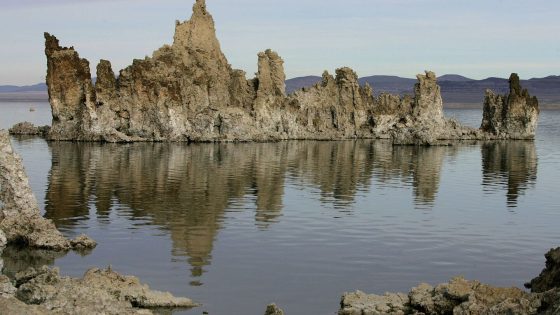Recent discoveries in paleontology have shed light on the evolution of whales, revealing a fascinating new species named Janjucetus dullardi. This tiny, prehistoric creature, unearthed from a 25 million-year-old fossil on an Australian beach, offers insights into the early adaptations of cetaceans.
- Discovery of new whale species, Janjucetus dullardi
- Fossil found on Australian beach, 25 million years old
- Creature had unique features, small and predatory
- Named after amateur fossil hunter, Ross Dullard
- Insights into whale evolution and adaptation
- Celebratory fossil party planned by Dullard
Researchers officially announced the species on 2025-08-15 09:10:00, highlighting its unique characteristics, including bulging eyes and a shark-like snout. Unlike modern whales, Janjucetus was a small predator, challenging our understanding of whale evolution.
This remarkable find raises intriguing questions about how ancient cetaceans adapted to their environments. What other secrets might the ocean’s depths hold? The significance of Janjucetus dullardi extends beyond its physical attributes.
- It represents the fourth species identified from the mammalodontids group.
- Fossils like this help US understand the evolution of modern baleen whales.
- Such discoveries can inform how contemporary marine life may respond to climate change.
As researchers continue to explore ancient marine life, each discovery brings us closer to unraveling the mysteries of our planet’s evolutionary history. What other fascinating species await discovery?



